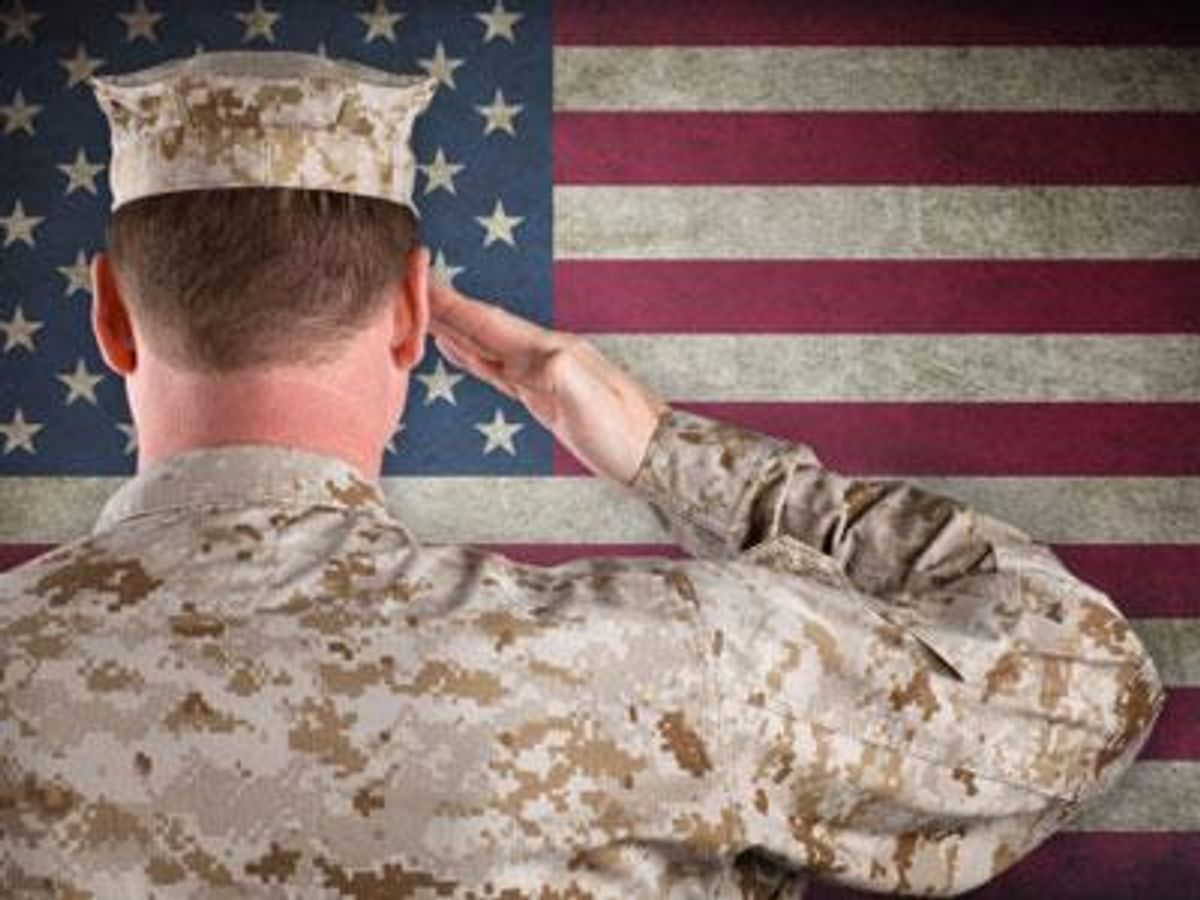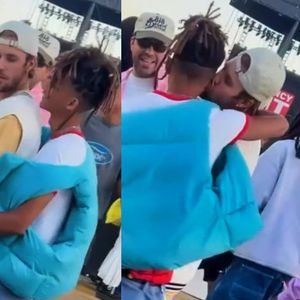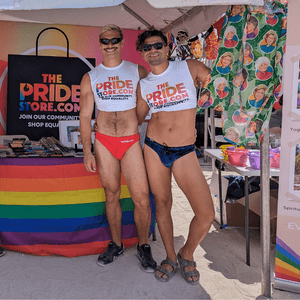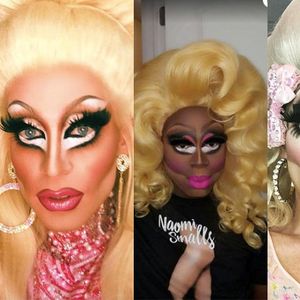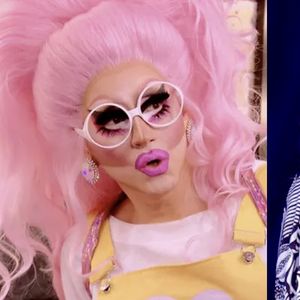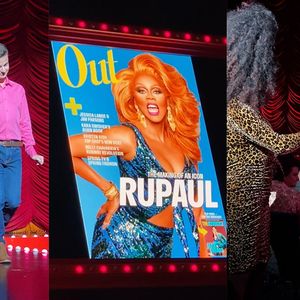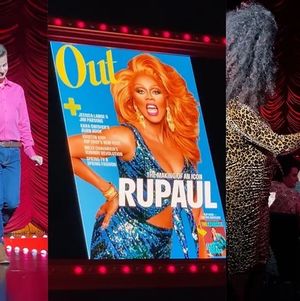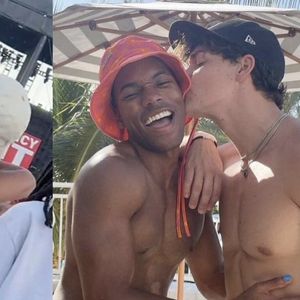All Rights reserved
By continuing to use our site, you agree to our Private Policy and Terms of Use.
Last winter I walked the streets of New York City near Union Square when I came upon a sight that is all too familiar in this city: a homeless person. Before I could breeze past him or avert my eyes or have one of the many responses we have while living in a city with a large homeless population, I noticed his makeshift cardboard sign said he was a U.S. Army veteran. As a veteran myself, I could relate, and in that moment I knew that I couldn't ignore him.
When we retreated to the relative warmth of a nearby Wendy's and I treated him to a smorgasbord of food from the menu, he shared with me the story of how he ended up on the streets. After serving in Iraq he found himself unable to function in an office environment due to his post-traumatic stress disorder and found little help in the bureaucracy of the Veterans Affairs system. Without any family or a support system, it was only a few small steps to losing his home and setting up camp in Union Square Park, returning to his same spot to panhandle day after day as the weather got increasingly bitter.
I had no idea whether that soldier was gay or straight, but what I do know is that his story could very easily be that of the tens of thousands of soldiers dishonorably discharged under "don't ask, don't tell." Though that discriminatory law has been put to bed, there are still thousands of soldiers who find themselves unable to access benefits for health care, education, and other programs because of the scarlet D for dishonorable discharge that still exists on their records, even post-DADT. Unlike the often privileged officers trotted around the media during the heyday of the anti-DADT movement, most gay and lesbian soldiers still struggling to get their discharges upgraded are enlisted, and rely more than others on the rightfully earned benefits that an honorable discharge entitles them to. They find themselves struggling within an outmoded and labyrinthine Veterans Affairs system to point them in the right direction to get the discharges upgraded, and find it hard to get the help for PTSD and other issues.
Organizations like OutServe/SLDN are here to help but incur struggles to fund-raise due to a public perception that the fight against DADT ended with the repeal of the ban. But we cannot ever forget our LGBT veterans and active duty soldiers. Their problems are still our problems, and by investing time, money, and efforts into their well-being we're not only strengthening our community but investing into the next generation of potential LGBT leaders like Marine Corps. veteran Marquell Smith, who was instrumental in reaching out to minority communities in and around Chicago to help get marriage equality passed in Illinois.
As we see stories of our veterans and active duty soldiers struggling with issues of homelessness, job stability, and mental health issues, it is important to remember that a significant percentage of these people are LGBT people too, and some of them have a bit more on their plate than fighting for military benefits for their same-sex partners. Some of them may be transgender, still fighting against "don't ask, don't tell" because the ban was only repealed in regard to lesbian, gay, and bisexual soldiers.
So when you open your wallet or devote your time and energy to the Human Rights Campaign, Lambda Legal, or one of the many, many organizations fighting to get marriage equality for all LGBT U.S. citizens, remember your soldiers and consider devoting a bit of those resources to an organization like OutServe/SLDN, which is still working hard to get soldiers dishonorably discharged under DADT the upgrade and benefits they deserve. There's also the Soldiers Project, which provides free mental health care to all veterans returning from foreign service. I should know. The Soldiers Project connected me to a wonderful provider I've been seeing for years. I receive great health care through the VA, and I have access to multiple programs that are designed to ensure that I'm a healthy, functioning member of society. On this Veterans Day, let's remember to make sure we're all doing what we can to ensure that none of our veterans are left behind.
ROB SMITH is a gay Iraq war veteran, writer, lecturer, and LGBT activist. His memoir Closets, Combat, and Coming Out: Coming of Age as a Gay Man in the "Don't Ask, Don't Tell" Army will be released in January. He can be reached at www.robsmithonline.com and on Twitter @robsmithonline.
Want more breaking equality news & trending entertainment stories?
Check out our NEW 24/7 streaming service: the Advocate Channel!
Download the Advocate Channel App for your mobile phone and your favorite streaming device!
From our Sponsors
Most Popular
Here Are Our 2024 Election Predictions. Will They Come True?
17 Celebs Who Are Out & Proud of Their Trans & Nonbinary Kids
Here Are the 15 Most LGBTQ-Friendly Cities in the U.S.
Which State Is the Queerest? These Are the States With the Most LGBTQ+ People
These 27 Senate Hearing Room Gay Sex Jokes Are Truly Exquisite
10 Cheeky and Homoerotic Photos From Bob Mizer's Nude Films
42 Flaming Hot Photos From 2024's Australian Firefighters Calendar
These Are the 5 States With the Smallest Percentage of LGBTQ+ People
Here are the 15 gayest travel destinations in the world: report
Trending Stories & News
For more news and videos on advocatechannel.com, click here.
Latest Stories
Ohio court temporarily blocks ban on gender-affirming care for trans youth
How library workers are defending books, democracy, and queer lives


